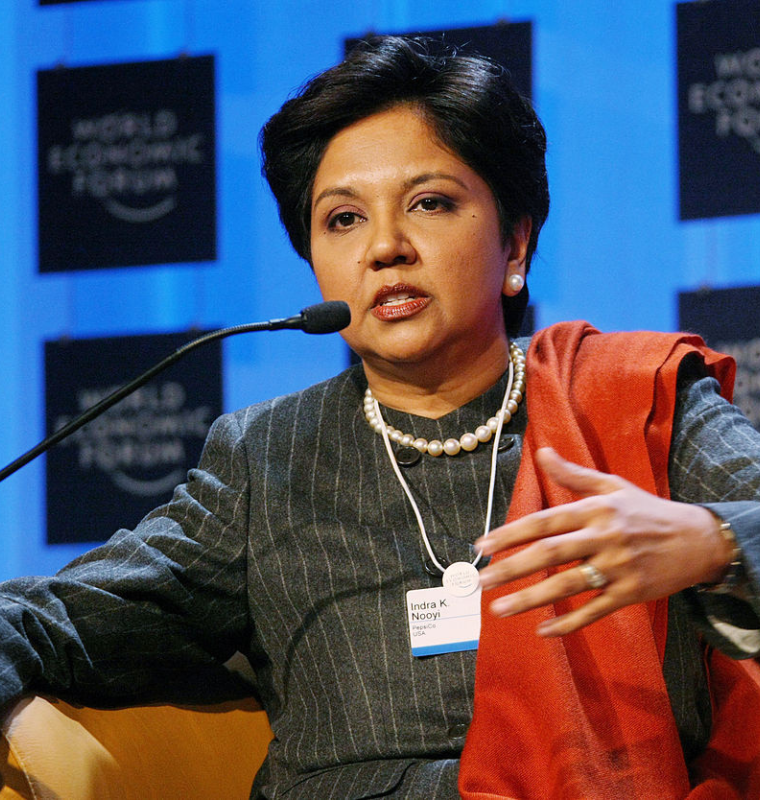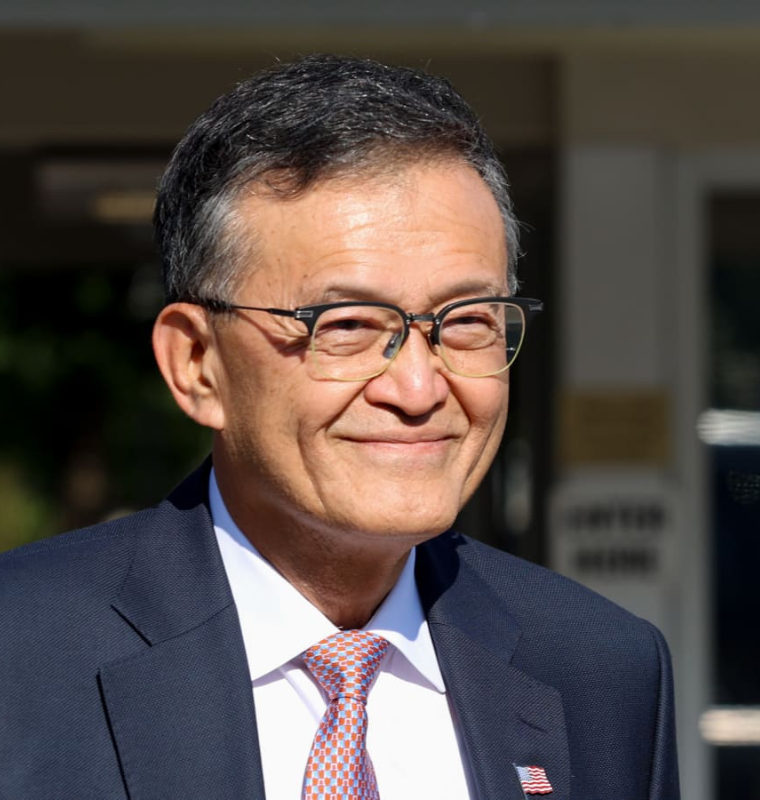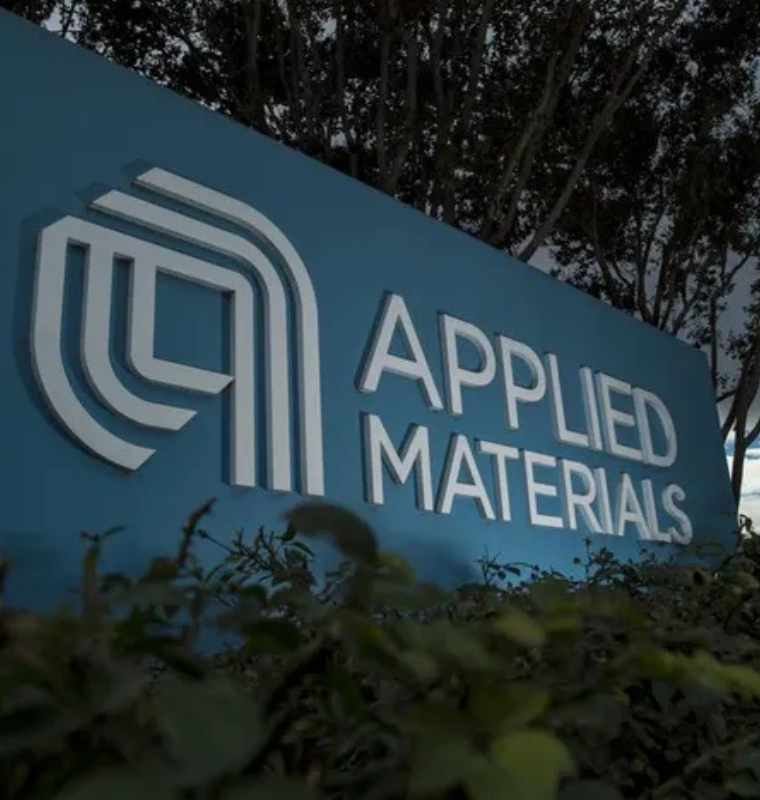Chinese Herbal Medicine Company Regencell Skyrockets to $30 Billion Valuation Amid Speculative Frenzy
Chinese Herbal Medicine Company Regencell Skyrockets to $30 Billion Valuation Amid Speculative Frenzy
By
Rachel Steinberg
Last updated:
June 17, 2025
First Published:
August 3, 2025

Photo: Taipei Times
Regencell's Meteoric Rise Captivates Wall Street Despite Lack of Fundamentals
In a dramatic and perplexing rally, Regencell Bioscience Holdings, a Hong Kong-based biotech firm focused on Traditional Chinese Medicine (TCM), has surged to an eye-popping $29.7 billion market capitalization, becoming one of the most surprising stories in global stock markets this year.
Shares of Regencell, which trades on the Nasdaq under ticker symbol RGC, soared over 280% on Monday alone, fueled by heightened speculative trading following the company’s recent 38-for-1 stock split that went into effect June 2. This latest move catapulted Regencell’s year-to-date gain to an astronomical 46,000% in 2025, placing it among the most extreme single-year gains ever recorded on a U.S. stock exchange.
Founded in 2014, Regencell claims to develop herbal-based treatments aimed at addressing Attention Deficit Hyperactivity Disorder (ADHD) and Autism Spectrum Disorders (ASD) in children. However, the company remains pre-revenue, with no regulatory approvals, no patents, no distribution infrastructure, and ongoing financial losses.
A Tiny Player Ranks Amongst Market Giants
Regencell’s newfound valuation now places it shoulder-to-shoulder with some of the largest and most established names in the market. Its $29.7 billion market cap rivals or exceeds major public companies such as:
- Lululemon Athletica (Nasdaq: LULU)
- Super Micro Computer (Nasdaq: SMCI)
- Fifth Third Bancorp (Nasdaq: FITB)
This wild surge echoes previous speculative manias surrounding little-known foreign stocks. A striking example occurred in 2022 when Hong Kong-based AMTD Digital briefly eclipsed the market capitalizations of U.S. blue chips like Coca-Cola and Bank of America after a sudden trading frenzy.
A Stock Driven by Social Media Buzz, Not Fundamentals
While the stock has seen limited mainstream media coverage, pockets of online communities have latched onto Regencell as a high-risk, high-reward trade. On Monday, one user on X (formerly Twitter) jokingly nominated Regencell for “#CompleteBullsh__CompanyOfTheYear.”
Over on Reddit’s r/Shortsqueeze, traders described Regencell as “trading like a meme coin,” with some sharing stories of scalp trading and dramatic losses from sudden price drops. In May alone, Regencell’s share price soared 1,360%, making it one of the most volatile stocks of the year.
Even on LinkedIn, typically a more conservative platform, some pharmaceutical professionals have openly mocked the stock’s sudden popularity. One investor stated in May, “I can’t stop laughing after reading the company description.” Another referred to Regencell as “China-based, low volume, and no official news — bizarro.”
Leadership Dominated by Family Ownership
Regencell CEO Yat-Gai Au holds 86.24% of outstanding shares, according to FactSet, giving him near-complete control over the company's equity. The company's treatments are based on formulations developed by his father, Sik-Kee Au, a practitioner of Traditional Chinese Medicine who developed what he calls the "Sik-Kee Au TCM Brain Theory".
Currently, Regencell promotes three proprietary liquid herbal formulas it claims address mild to severe ADHD and ASD symptoms. These formulas include blends of detoxifying herbs, blood circulation aids, and digestive support herbs, all derived from centuries-old TCM principles. However, they remain untested by Western pharmaceutical standards.
No Revenue, No Regulatory Approvals, No Patents
Despite the fervent trading activity, Regencell’s financials remain stark:
- Zero revenue reported to date.
- No regulatory filings or approvals for its treatments with U.S., Chinese, or other major health authorities.
- No granted patents or pending patent applications.
- No distribution channels or commercialization agreements in place.
In its most recent SEC filing (20-F report) for the fiscal year ended June 2024, Regencell disclosed:
- $4.36 million in net losses for FY 2024, following $6.06 million in net losses for FY 2023.
The filing bluntly acknowledges the company may “never be profitable.”
Questionable Efficacy and Limited Clinical Data
In its latest self-reported clinical trial (November 2023), Regencell claimed that 28 patients underwent its ADHD and ASD herbal treatment over three months, with reported improvements. However, no independent or peer-reviewed studies validating these claims have been published.
In a separate 2021 news release, Regencell claimed to have treated 12 patients with suspected or confirmed COVID-19 cases using a modified version of its herbal formulas. This led to a joint venture with Honor Epic Enterprises Limited to pursue commercialization opportunities in Southeast Asia. But since then, no substantive updates or regulatory milestones have been disclosed.
Surge Coincides with Broader Alternative Medicine Debate
The timing of Regencell's recent surge may be indirectly tied to renewed public debate over alternative therapies following Robert F. Kennedy Jr.'s appointment as Secretary of the U.S. Department of Health and Human Services earlier this year. Kennedy, a known vaccine skeptic, recently disbanded a key CDC advisory panel on vaccines, fueling wider conversations about non-traditional treatments.
While Regencell has not explicitly aligned itself with any political movement, market watchers note that such broader narratives can sometimes fuel speculative interest in alternative medicine stocks.
Is This Another Bubble in the Making?
For many seasoned investors, Regencell's extreme price action raises red flags reminiscent of previous market bubbles driven by speculative momentum rather than business fundamentals.
“Stocks trading at these levels without any real business behind them rarely end well for retail investors,” said Scott Nations, President of Nations Indexes, speaking to Bloomberg. “This isn’t investing — this is pure gambling.”
Still, as speculative mania continues to grip certain corners of the market, Regencell remains one of the most extreme examples of 2025's "risk-on" environment, where memes, social media buzz, and herd psychology can momentarily trump financial logic.
Popular articles
Subscribe to unlock premium content
Indra Nooyi’s Strategic Vision at PepsiCo: Balancing Profitability with Purpose

Nike’s Direct-to-Consumer Revolution: How Cutting Retailers Boosted Profits and Control

Spotifys Playlist Power Turning Music Curation Into An Advertising Goldmine

Indra Nooyi’s Strategic Vision at PepsiCo: Balancing Profitability with Purpose

Nike’s Direct-to-Consumer Revolution: How Cutting Retailers Boosted Profits and Control

Indra Nooyi’s Strategic Vision at PepsiCo: Balancing Profitability with Purpose









